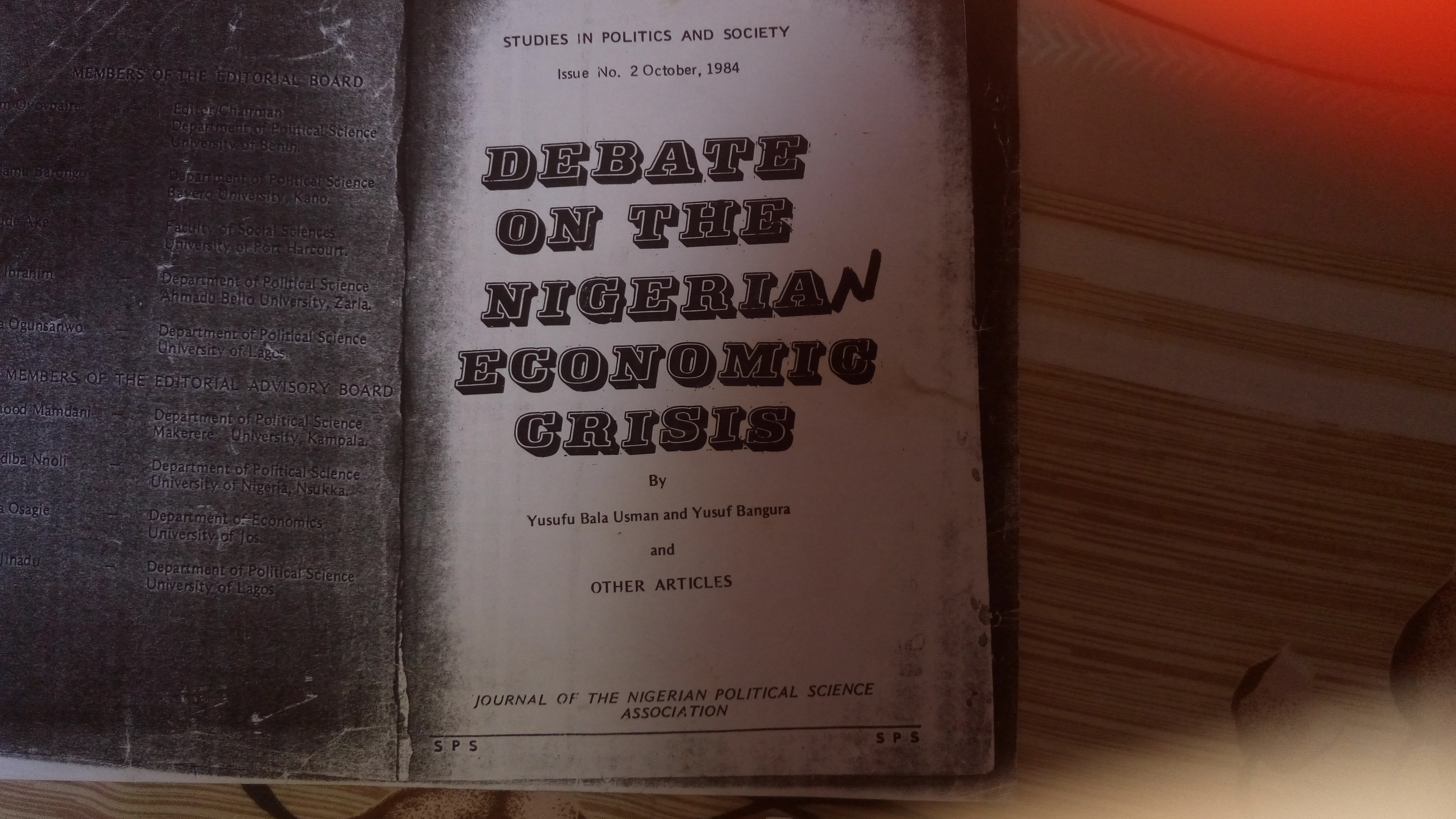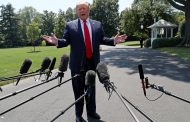Awaiting IMF’s Impending Move on the Nigerian Economy

Can they cook anything digestible?: President Buhari, IMF’s Christine Lagarde and CBN Governor, Emefiele
If Reuters is to be believed, the International Monetary Fund, (IMF) is to issue its verdict on the Nigerian economy in the next few days. The international news agency already has an idea of what the verdict would be. It speculated in an exclusive news report at the weekend that it would be asking Nigeria to do more than it has done already. Broadly, devalue the currency so that its dynamics fit into the IMF’s imagination of what constitutes a national economy under neoliberal globalisation. The fact is that the IMF is scared Nigeria could create problems for the system, a point captured in the report where it said “The IMF said that if Nigeria did not remove foreign exchange restrictions and unify the exchange rates, it risked “further deterioration in (forex) reserves” and “a disorderly exchange rate depreciation”.
The IMF does not see the economic blueprint the Buhari regime managed to put together eventually recently as adequate response to what it is seeing. It does not share the optimism on growth expressed in the blueprint called Economic Recovery and Growth Plans, (ERGP). It fears increase in Nigeria’s vulnerabilities and the politicisation of reform with possible rise in populism ahead of 2019 election, with the report making reference to “Buhari, a 74-year-old former military ruler who led the country for 20 months in the 1980s, resisted pressure from the IMF and World Bank to devalue the naira in his previous tenure before being deposed in a coup”. It is an indirect way of expressing fears about the rise of a radical politician who could change the narrative of politics in Nigeria. Although such forces abound in Nigeria, whether they are likely to rise ahead of 2019 is debatable. But the IMF always has its intelligence or it would not be the enforcer of global monetary stability. In that position, any country that wants to avoid its disciplinary moves must avoid sending signals of creating problems for the global economy by managing it in a way that creates no risks for the global market.
Only few countries can do so in the world today, not because the economy is now globally connected but because the system has it policemen and women and standards of behaviour. But the IMF can certainly be avoided. A country such as Nigeria can do without the IMF by behaving itself and then be in a position to do exactly the opposite of what the IMF asks it to do. Nigeria is in the league of the countries that have just made it big by doing so. Somehow, successive Nigerian leadership kept moving away from the Welfare state status the British left it until it reached the present level where the level of poverty and hopelessness has driven Nigerians to hate and kill each other. The IMF’s discourse of the crisis is more devaluation even when oil is still the main source of foreign exchange.

The paradox of a statist in the morning turned neoliberal salesman in the evening
President Buhari is still the closest critique to the slavish culture of running the Nigerian economy as acknowledged above in the Reuters report but the paradox is how a supposedly statist Buhari persona and the regime could have not even a single voice for statism. Or, rather, the two or three statists in the cabinet are either overwhelmed in bureaucratic politics or too far to take charge in combating the battery of half-hearted neoliberal cabals swarming the whole place. In the end, the president whose funeral it is comes off the very anti-thesis of good in leadership. Too bad for Nigeria for whose elite managing the economy has become truly embarrassing, if there is, indeed one. Africa is embarrassed although some African countries are happy that loud mouthed Nigeria is going down. It brings back the popular refrain: “The Nigerian and Indonesian economies were ranked almost equal in 1965 but by 1997, Indonesian output had expanded to eight times that of Nigeria”




























